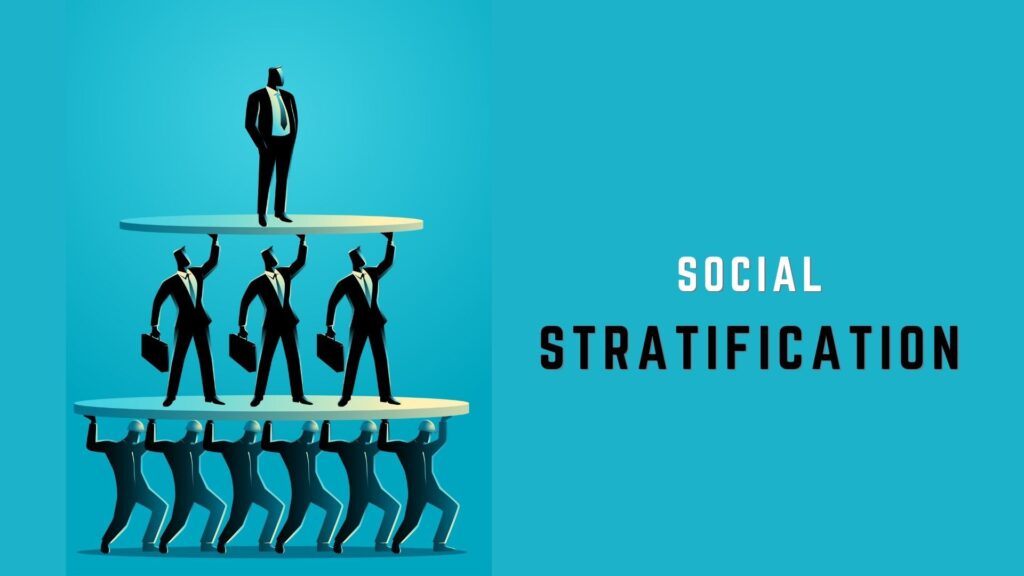Social stratification is a hierarchical ranking system often represented as a ladder in which there are differences in access to social resources. Individuals at the top rank have more access, while those at the bottom lack social resources, which can be termed as structured inequality. The functionalist perspective on social stratification proposes that social stratification is inevitable in society and is therefore universal.
The functionalist stressed on the system of positions and not on the positions occupied by individuals. So, their main aim is to find why different positions carry different prestige and how certain individuals get into those positions.
Different societies have different commonly held value systems and aspirations. Individuals who conduct themself in accordance with these values, are ranked above others. Positions in the different societies are based on values such as fame, pride, individualistic achievement, wealth, gallantry etc. For example: an individual will aspire to become a great soldier in a society where honour, gallantry and bravery are valued. On other hand he/she will aim to become a successful business person and create great wealth in society where individual achievement, power and wealth is honoured. A position that is important in one society may not be equally important in another society.
People have different levels of talent and skill sets. Some will have qualities that are most needed and valued at a particular historical moment, or geographic location, such as physical strength, wisdom, or artistry. It is the responsibility of people in higher positions to take care of the lower strata, in doing so they deserve greater reward in respect, power and material goods than the people of lesser talent. As a consequence different strata of the society acquire different levels of prestige and esteem.
Inequality of power and prestige in the system is inevitable due to functional reasons. Not all persons have the same abilities. People with more talent and skills gain higher positions in society. For conversion of talent into skills one has to undergo training and skilling. In order to train for a particular position he/she has to sacrifice one thing or another. For the sacrifice to happen, the future prospects must include privileges, disproportionate access to scarce and desired reward and resources the society has to offer. The scarce resources/ rewards can be categorized as following: a) Sustenance and comfort, b) humor or diversion, c) self-respect and expansion.
Functionalists such as Talcott Parson believe that different groups in a society are interdependent and cooperate well. Inequality is functional for collective survival.
Kinsley Davis and Wilbert Moore, explain that every society whether simple or complex have different / unequal distribution of rights and perquisites. Hence people are motivated to achieve different positions in order to earn suitable prestige and esteem in the society. Most important positions, that provide best rewards and high ranks, are filled by people with the most training, qualifications and tallent, especially those who can solve complex problems. Hence a certain amount of Institutional inequality must exist to keep up the motivation.
